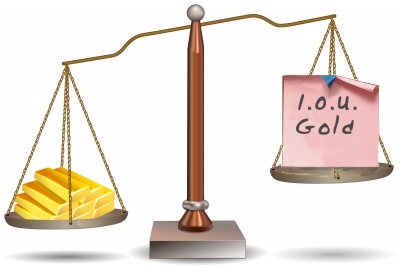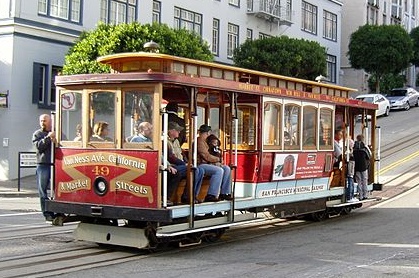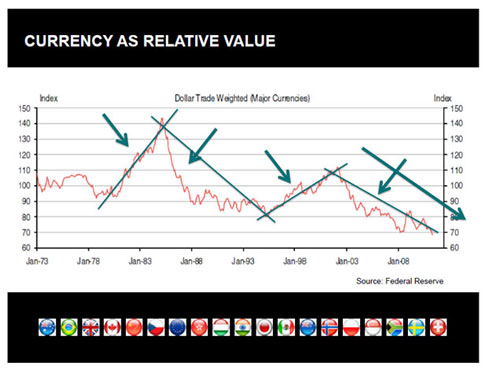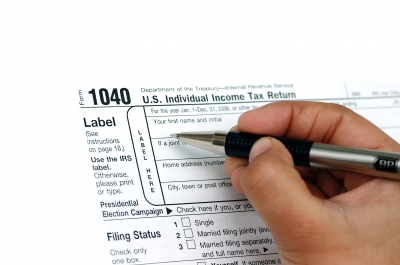Job Security
In a changing economy, it is important to be confident that your job is secure before you make long-term investments. The future is not certain and if you lose your job you will require liquidity or you could end up in financial ruin. The key is to have at least 6 months of living expenses socked away in liquid assets before you invest in less liquid things like real estate, timber or privately held businesses. Although stocks are more liquid in a sudden downturn like we experienced in 2008 liquidity can be severely impaired (if there are no buyers) or you may be forced to liquidate at a significant loss. Warren Buffet is famous for maintaining massive amounts of cash waiting for just such an opportunity when he can name his price and everyone else is so strapped for cash that they have to accept his offer.










